While Starbucks made a “humble” entry into one particularly discerning European market this month, Marco Settembri, chief executive of Nestlé in Europe, told the Financial Times that his company is considering its own method of bringing American-born specialty coffee to Europe in the near future by way of Nestlé-owned Blue Bottle Coffee:
Mr Settembri ruled out speculation regarding the rollout of a Nespresso coffee bar chain in Europe, but said Blue Bottle Co could work in the region. Mr Settembri said the US and Japan were considered Blue Bottle’s “main market”.
But he added: “Blue Bottle is a hyper premium concept in terms of offering and selling this kind of product could be [done] in Europe.” Nestlé bought 68 per cent of the hipster coffee chain in 2017 in a deal which valued it at more than $700m.
In an acknowledgment that its obits since 1851 have dominantly covered the deaths of white men, The New York Times has been making up for lost times, as it were, with a series called Overlooked, consisting of obituaries of women and people of color that went unreported by the paper. This month Melitta Bentz, credited as being the inventor of the paper-filtered coffee pourover, got her time to shine in the Gray Lady:
Every morning, from her kitchen in Dresden, Germany, she fantasized about better ways to brew.
She tried and failed multiple times, until one day she ripped a piece of blotting paper from her son’s school notebook and stuck it into an old tin pot in which she had punched some holes. What she did next will sound familiar to many: She added ground coffee and poured hot water over it. The beverage dripped through the paper, straight into the cup.
India Today reported that Chinese smartphone manufacturer OnePlus has partnered with India-based specialty coffee company Blue Tokai to launched a premium “Coffee Experience” for its branded offline stores and service centers:
The idea is that next time a OnePlus user walks into a OnePlus store or customer care centre, she will be offered not only high-speed Wi-Fi, or a book or game to keep herself busy while a customer care executive fixes her phone, but also a cup of premium coffee.
To ensure that the coffee is top notch, OnePlus says that it has not only sourced the coffee beans from the finest coffee farmers in India’s southern states, it has also fine-tuned the taste of the drink with the help of Matt Chittaranjan, co-founder of Blue Tokai Coffee.
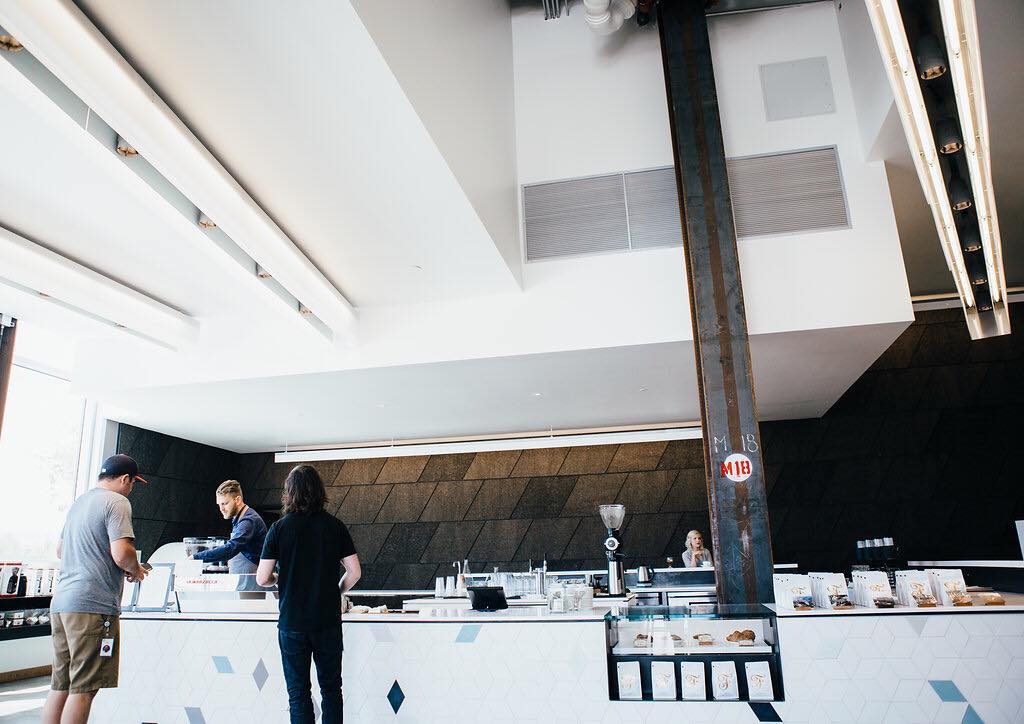
Saint Frank Coffee at Facebook’s Menlo Park headquarters. Facebook photo by Saint Frank at Facebook.
Business Insider chatted with baristas Chris Mendoza and Jason Yeo this week to learn about life behind the counter at the Saint Frank location in the belly of the beast that is Facebook’s Menlo Park HQ, where the baristas create coffee experiences of a more human kind:
“You don’t order at the register, have someone ring you up and walk away,” Mendoza said. “You kind of hang out for the whole process.”
Mendoza and Yeo both said that the process is a bit more humanizing for both the barista and the customer.
“We have a company saying: ‘We don’t serve coffee, we serve people,'” Yeo said.
But Mendoza said this specialized attention to each order doesn’t slow things down.
“Some people are like, ‘Wow, that was really fast. I love your guys’ ordering process. It’s very efficient,'” he added. “I joke around with them, ‘Yeah, it’s kind of like Chipotle, right?'”
With Hurricane Florence currently churning over the East Coast of the USA, the deadly toll and inadequate response from the White House to Hurricane Maria has also come back into the news. PRI’s The World recently revisited the territory for a report on Puerto Rico’s devastated coffee industry and the struggle to convince farmers to start over from scratch:
Even before the hurricane, this rural region of about 5,600 people was hurting. The number of farms dropped by more than two-thirds between 1992 and 2012, the last year for which full census figures are available.
Then Maria came, driving hundreds of thousands of people off the island. (Estimates of how many people left after Maria vary. The most trusted include a range of 114,000 to 213,000, figures published by Hunter College’s Center for Puerto Rican Studies last October, and close to 280,000 from a recent George Washington University study on post-Maria deaths.)
Many of the residents left abandoned farms. But both government and grassroots efforts aim to stem the flow and strengthen Puerto Rican agriculture, partly so the island is less dependent on food imports.
Q graders have been dispatched to the coffeelands of the Philippines, as the industry there endeavors to boost farmer income through training in the ways of quality. Business World had more:
“We educate our farmers about coffee production… and also coffee tasting,” said Felicitas B. Pantoja, Davao Coffee Council chairman and chief executive officer of the social enterprise Coffee For Peace, Inc.
Ms. Pantoja said producers in the region, as well as consumers, are generally “still in the baby stage” in terms of identifying coffee grades.
The goal, she said, is to have farmers who are able to determine themselves the quality of their harvest and demand the appropriate price.
Relief for struggling Blue Mountain coffee farmers in Jamaica came this week came not from the government, not from an NGO, not even from a GoFundMe campaign, but from the good old-fashioned pockets of a bighearted rich guy. The guy is Michael Lee-Chin, Jamaican-Canadian CEO of privately-held Ontario-based investment holding company Portland Holdings, and the relief amounts to $60 million, according to The Gleaner:
“Remember, it’s a gift, a one-time gift of $60 million. This gift is not coming from Mavis Bank, Mavis Bank can’t afford it. This gift is not coming from Wallenford; Wallenford cannot afford it – it’s a personal gift from the Lee-Chin family to the neediest of the 7,000 farmers and their families.”
The gift is as a result of a request from Juliet Holness, member of parliament for St Andrew East Rural, a major segment of the Blue Mountain coffee belt, and the money has already been wired to the account of the Rural Agricultural Development Authority (RADA), which is the implementing entity.
Lee-Chin isn’t the only Canadian rich guy making dreams come true this week. Mashable relayed the squeal-worthy story of how, after Toronto-based coffee shop Grinder launched a viral Twitter campaign showering a cardboard cutout of Ryan Gosling with affection, the dreamy Hollywood Canuck actually stopped by in the flesh:
There you have it, folks: Gosling does indeed smell “really good”.
And if that isn’t a clear example of never giving up on your dreams, we don’t know what is.
And in what might hopefully signal a happy ending to discussions in Kenya about banning green coffee exports, Governor Martin Wambora has announced that Embu County will process and market the region’s coffee itself. The goal, according to CapitolFM, is to help farmers earn more for their quality products:
The processing will be done at the county mill situated at Kavutiri from where the County will process and sell coffee thus evading brokers at the auction.
“Our coffee will no longer be sold as a commodity but as a speciality. Jamaican and Colombia coffee fetch the best prices because their marketing is better. These other countries are earning more money yet their coffee is inferior to ours,” Wambora added.
Howard Bryman
Howard Bryman is the associate editor of Daily Coffee News by Roast Magazine. He is based in Portland, Oregon.



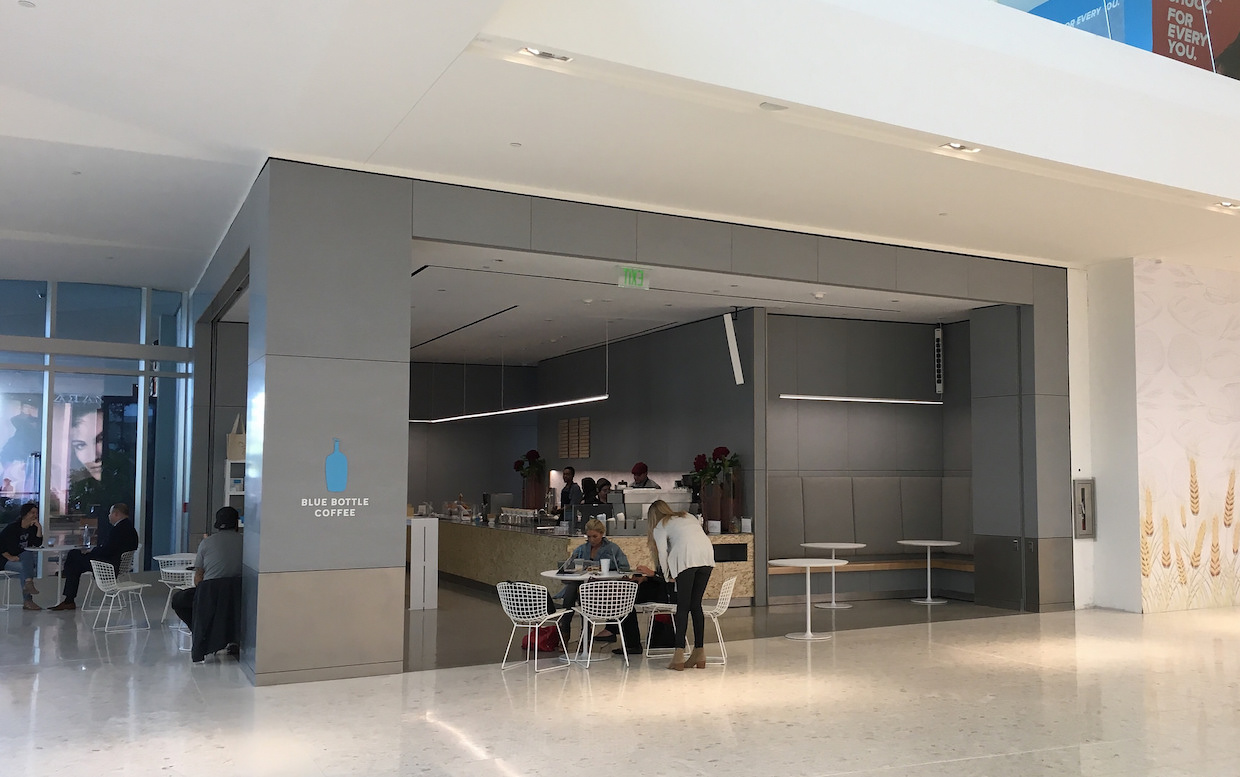
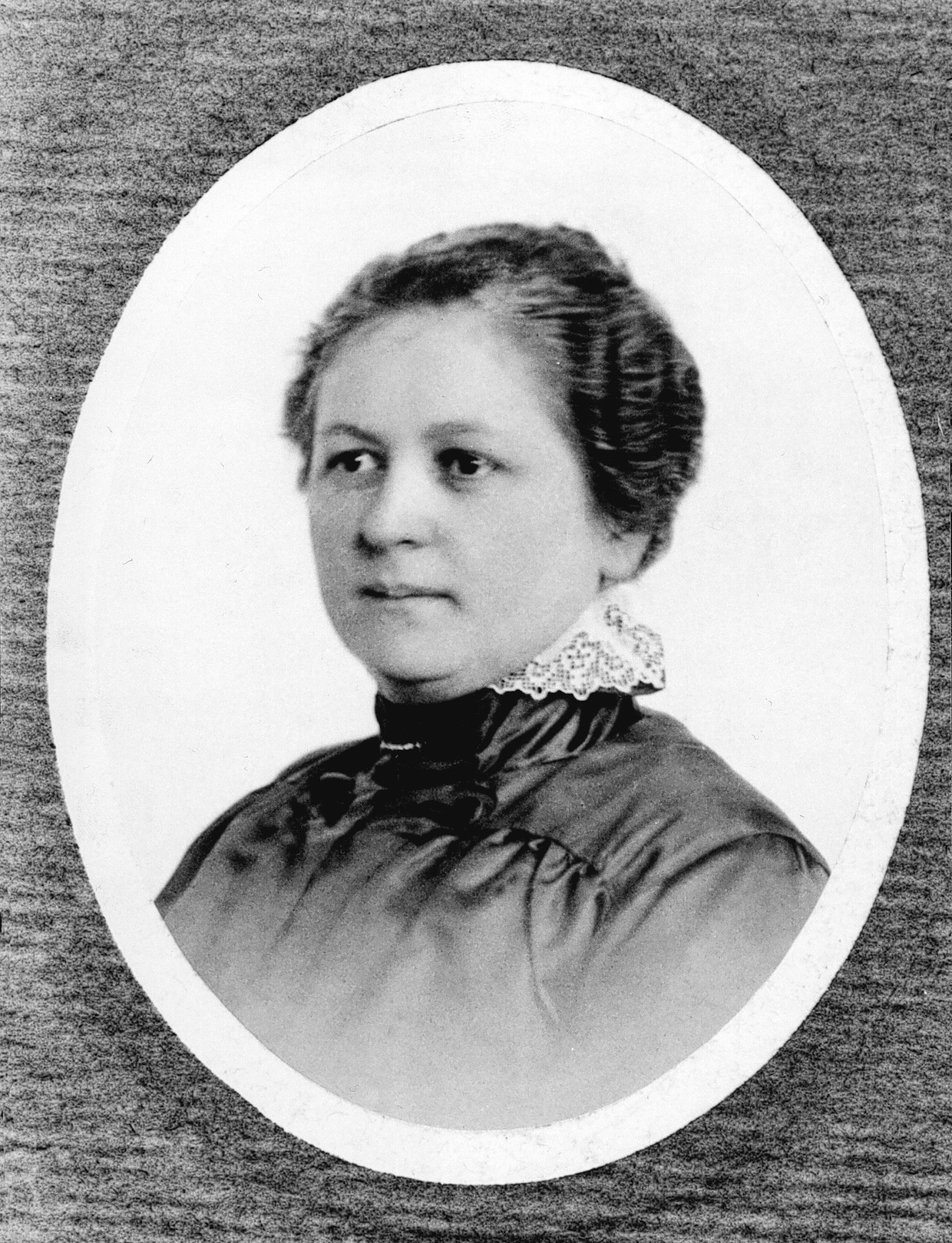
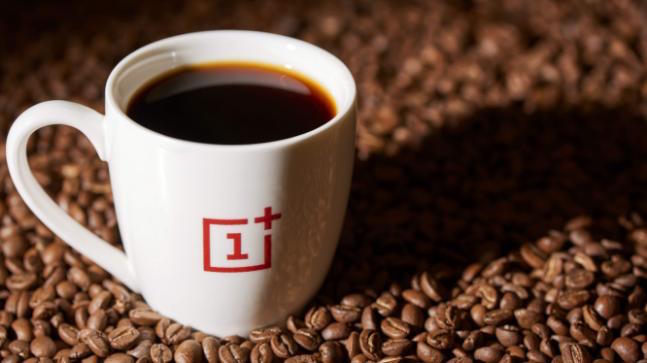

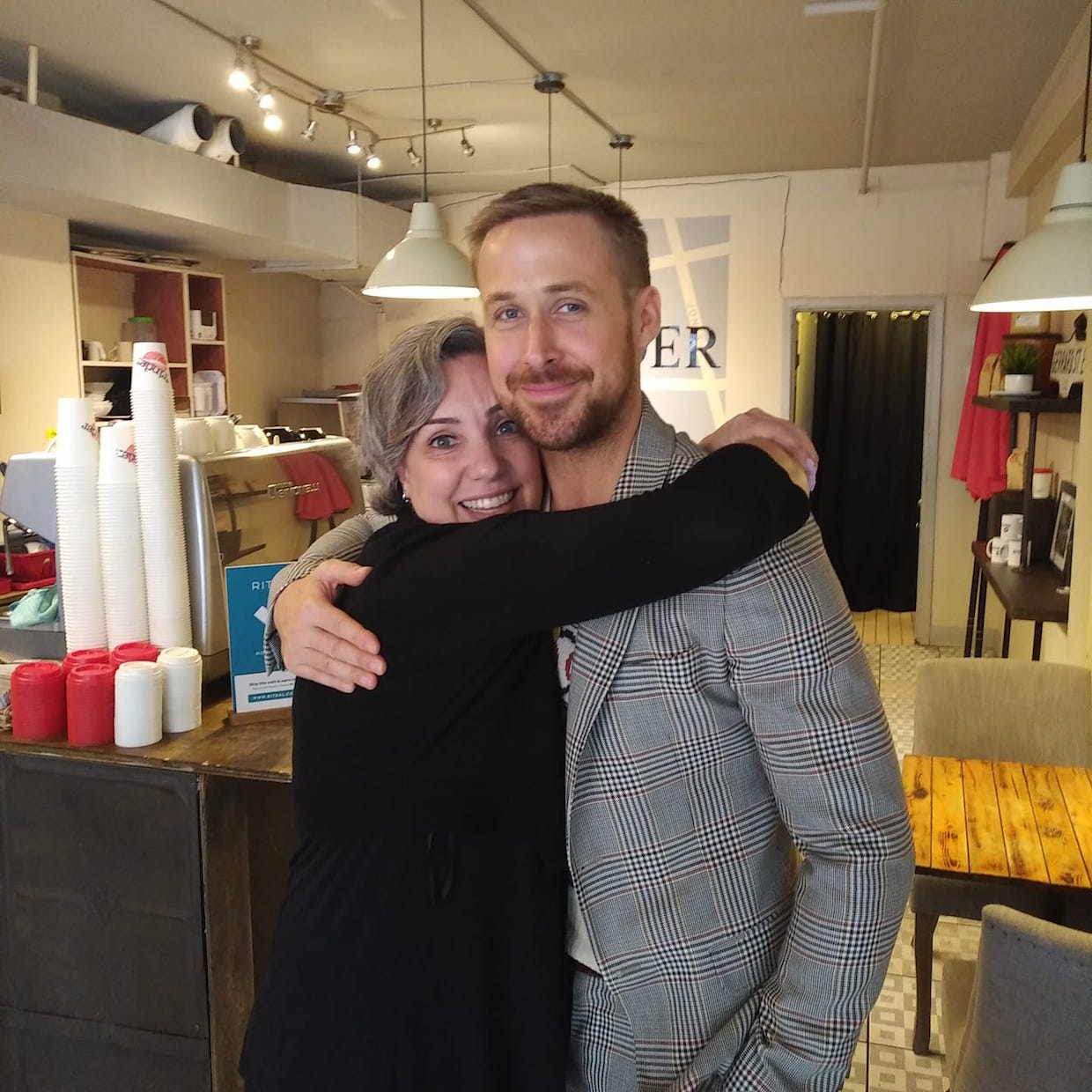



Comment